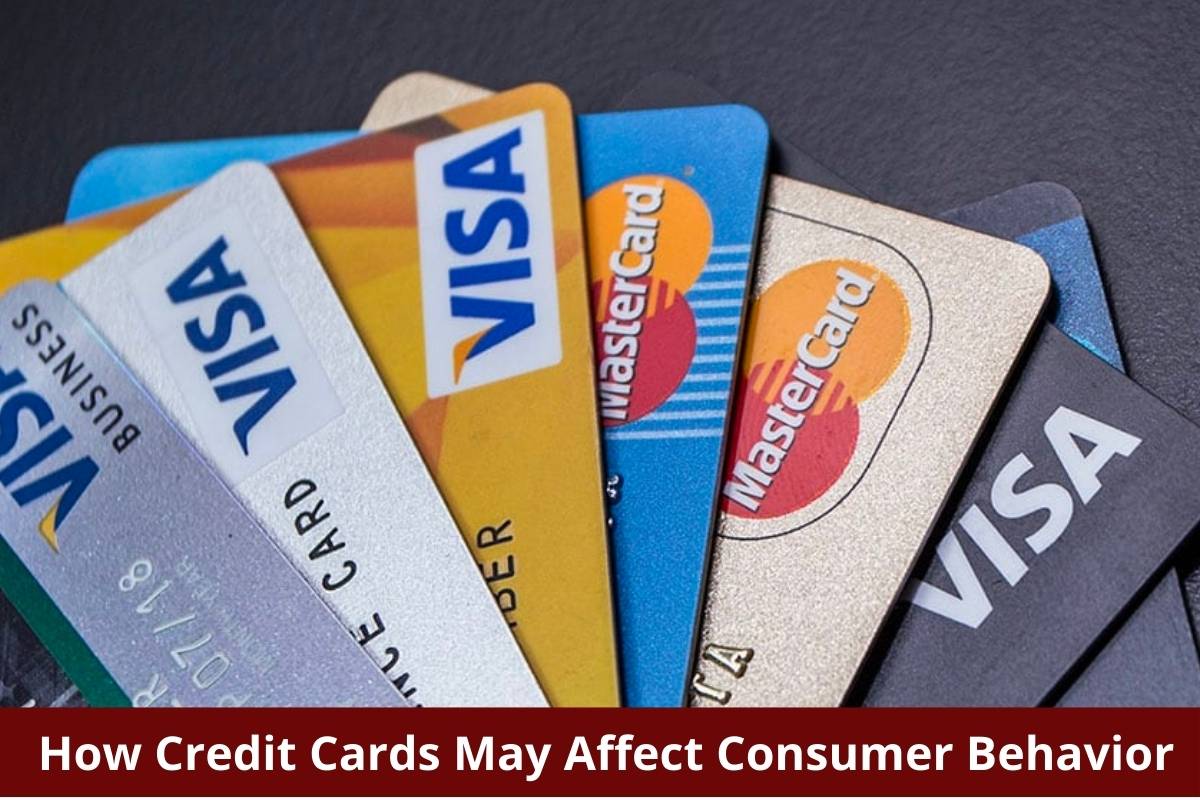In the days before credit cards, consumers relied on paying cash, writing a check, or opening a line of credit with a particular store. Over the past several decades, the easy access to credit through a plastic card changed the way consumers approach buying and spending. There are scores of upsides to purchasing with a credit card, although consumers should use prudence when using one.
Access to Purchases
Among the most apparent effects on consumer behavior is a credit card’s ability to facilitate purchases. Someone could go into a retail store or eatery with a credit card and buy something without worrying about available cash on hand. And consumers are not the only ones who benefit from a consumer’s ability to buy things. Charges made to the new SoFi credit card help keep merchants and others in the business. Credit card purchases support the cash flow that commercial enterprises rely upon.
Making Essential Purchases
A misconception about credit card purchases suggests people use the cards primarily for retail purchases. In reality, people make many essential purchases with a credit card. For example, they may pay rent or utilities with a charge account. Sometimes, they may set up automatic payments to cover monthly bills, including Auto Insurance and internet service. Other essential services could include healthcare-related costs, among others.
Credit Cards Require Fiscal Discipline
Credit cards may come with excellent perks and acceptable APR rates, but the account holder must rely on personal fiscal discipline to avoid problems. Unfortunately, access to credit might lead someone to continuously purchase goods, services, and leisure items, depending on the credit limit instead of income or budget. Borrowing outside one’s means could lead to enormous financial troubles that could be incredibly difficult to escape.
Making Someone More Financially Conscious
Someone could become dedicated to building a solid credit score after procuring a credit card. The person may commit to paying a balance off in full and on time. SoFi Invest paints a picture of how to make payments: “You can set up auto-pay right away, but if you want to make a one-time payment, you can do so anytime in the app.”
The Dangers of Impulse Buying
One drawback associated with credit cards is their potential for boosting impulse buying. Someone sees something promoted on an online retail website or in a store window and buys it without thought. Doing so could fulfill an urge to buy, but consequences follow. Behaviors such as these may catch up with someone eventually, and the shopper may stare at outstanding debts and high credit card balances.
Keeping Up with Others
Those with available funds like to purchase the newest tech gadgets, designer clothes, and other items. Persons without discretionary cash could turn to credit cards to fund their path to staying current with their peers. Again, such actions must be tempered with fiscal responsibility. Otherwise, debt troubles might happen.
Credit cards opened doors for people to make purchases through convenient borrowing. Using credit cards responsibly may keep someone out of financial trouble.
